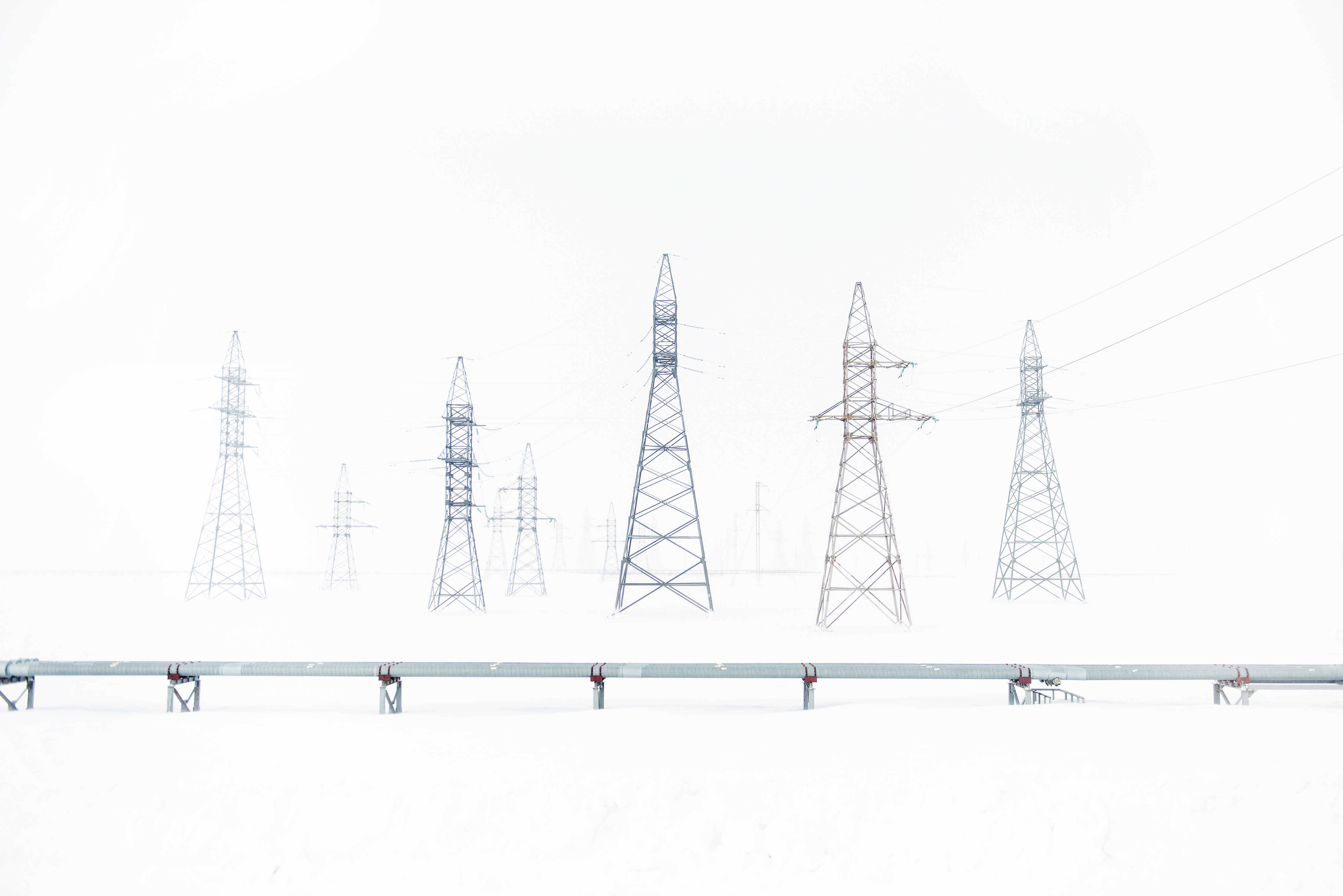Winter is Coming - Gas Demand Regulation in the EU in Preparation for a Crisis
The Communication from the European Commission (EC) published on 20 July calls for a reduction in EU consumption of natural gas. The call is prompted by the ongoing energy crisis, pressure from Gazprom, and the risk of gas shortages in winter. Member States are encouraged to implement mechanisms to save energy and gas and cooperate in a spirit of solidarity. However, ensuring sufficient supplies through winter will require not only the commitment of governments but also of businesses and societies.
 Elena Chernyshova/Panos Pictures/ Panos Pictures/ FORUM
Elena Chernyshova/Panos Pictures/ Panos Pictures/ FORUM
What prompted the EC Communication?
The Communication is a response to the energy crisis in Europe that began in autumn 2021. At that time there was an overlap between an increase in demand for gas caused by the recovery of economies after the critical phase of the pandemic and limited supply caused by repairs of export infrastructure and natural disasters. Russia then decided to exacerbate the crisis and reduced gas supplies to the EU and the filling of Russian Gazprom-owned gas storage facilities located in EU countries (about 12% of EU storage capacity). After the invasion of Ukraine, in response to EU sanctions, Russia further reduced supplies. On 21 July, the day after gas transmission was resumed via the Nord Stream pipeline after maintenance, only about 30% of the daily amount from a year earlier (July 2021) was being sent to the EU. The resulting gas crisis has spilt over to the entire energy sector as well. The head of the International Energy Agency described it as the biggest energy crisis in history. In winter, when gas consumption is at its highest, it is likely to worsen further.
What does the package proposed by the EC include?
The “Save Gas for a Safe Winter” package includes recommendations for Member States to achieve a 15% reduction in gas consumption from 1 August this year to 31 March 2023. This can be achieved by replacing gas used for electricity generation with liquid fuels and coal, as well as renewable and nuclear energy. Countries are also to encourage industry to reduce gas consumption through an auction system. In addition, the EC is proposing to reduce heating in public buildings to a maximum of 19°C and reduce cooling in public spaces to a minimum of 25°C. The EU is also encouraging citizens of Member States to conserve gas. If supplies are restricted, the EC will declare an “EU alert”, which will require countries to reduce their gas use by 15% and support the more vulnerable countries in a spirit of solidarity.
What has already been achieved?
The EU is developing a common gas market through its gas directives, security of supply regulations, the expansion of infrastructure, and other measures. However, despite previous crises involving Russia, even last year, that country was still the EU’s main gas supplier, covering around 40% of demand. It was only after the full-scale invasion of Ukraine that the EU’s attitude towards Gazprom changed, resulting in the adoption of the REPowerEU plan and other strategies. Since March 2022, national crisis-management plans have been revised, with a requirement set for gas storage facilities to be 80% full before winter, and a platform established to facilitate joint gas purchases. Today, Russia’s role in the European mix has declined significantly, partly due to the suspension of Russian gas exports to EU countries (including Poland, Bulgaria, and Finland) and partly due to the continued drive to diversify supplies (including buying LNG on spot markets). However, there remains a challenging gas supply gap.
How can EU countries prepare for the winter ahead?
The EC proposal will be discussed at the next Council meeting on 26 July. Member States must balance the priorities of national security and European solidarity. One option is local cooperation, that is, countries most vulnerable to gas shortages can sign bilateral solidarity agreements with their EU neighbours (six have been concluded so far, such as the one between Austria and Germany). An extreme option is self-isolation—Hungary, for example, declared a state of emergency and banned energy exports from 1 August. Given that the residential sector (about 40%) and industry (about 30%) comprise the largest demand for gas in the EU, it is necessary to conduct thorough information campaigns at the state level and implement mechanisms to support gas conservation by citizens and businesses. In case of an “EU alert”, restrictions in Poland will affect primarily the largest gas consumers, such as Orlen or Grupa Azoty.



